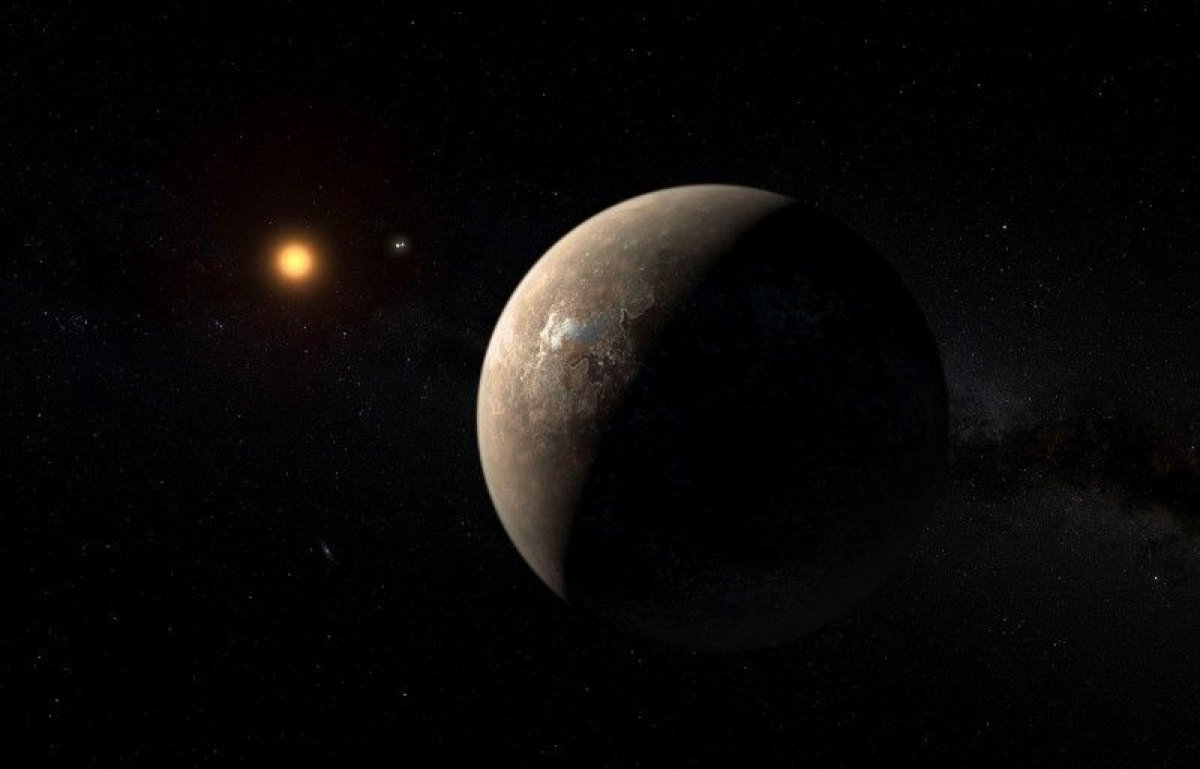In the Milky Way alone, there are an estimated 100,000 million stars and 100 billion planets, many of which are "potentially habitable," meaning they could have the conditions right for life to emerge.
With an estimated two trillion galaxies in the universe, the universe should be teeming with alien life. So where is it?
It is important to remember when scientists discuss alien life, there are two types—microbial and intelligent. When NASA talks about searching for life elsewhere in our solar system, such as on Saturn's icy moon Enceladus, they are referring to microbial life—simple primitive cells or multicellular organisms—not intelligent beings that have developed something resembling what we find on Earth.
Microbial life can exist in some of the most extreme conditions on Earth—from the bottom of the ocean to boiling hot hydrothermal vents. If we apply our understanding of life on Earth to conditions that may exist on other planets, the likelihood of life being able to survive increases.
Then there's intelligent life. Intelligence does not necessarily mean human intelligence. It could come in a variety of forms. Octopus, for example, are considered to be extremely intelligent by scientists. But we couldn't have a conversation with an octopus as it possesses a different form of intelligence to our own.

There is also an argument to say that we, as a species, are not very intelligent. On the Kardashev scale—a measure of a civilization's level of intelligence based on how technologically advanced it is—mankind is not even really at level one. The most advanced civilization would have mastered interstellar travel and can harness and control the energy produced by its entire galaxy.
The universe has existed for an estimated 13.82 billion years, with the first stars forming around 500 million years later. After the stars came the planets, with Earth being a fairly late addition, having been created 4.6 billion years ago.
With countless potentially habitable planets forming over the history of the universe, the chance life emerged on just one of them—Earth—is highly unlikely. But if extraterrestrial life is everywhere, why do we seem to be alone? This conundrum is known as the Fermi Paradox.
Dhara Patel, Astronomer for Royal Observatory Greenwich, tells Newsweek: " Our nearest star is a star called Proxima Centauri and last year in August they found an exoplanet going around this star. It's 4.2 light years away. If we're talking about current technology, the technology we have with our spacecrafts, it would take 70,000 years to get there.

"Life on Earth only started around four billion years ago. Our universe is 13.8 billion years old and the first life could've started about one to two billion years after that start of the universe, so there's been a huge time period before the Earth where civilizations could've developed, could've been wiped out and we wouldn't have even known. Are we in the right time? Have we missed a civilization in the past or is there a civilization yet to come that we could communicate with?"
In the meantime, researchers are working to identify planets that sit within the habitable zone of their solar systems. This is the region of space where liquid water could exist, as it is not too hot or too cold.
NASA's James Webb Telescope, which is scheduled to launch next year, will be able to detect the atmospheres of these planets, giving a stronger indication of whether or not they could host life. The space agency is also planning a mission to Jupiter's moon Europa to search out microbial life—which could be the first proof that life exists elsewhere in our solar system.
But until our technology develops to the point where we can explore space on far shorter timescales, the chance of finding intelligent life is very much in the alien ball court.
Uncommon Knowledge
Newsweek is committed to challenging conventional wisdom and finding connections in the search for common ground.
Newsweek is committed to challenging conventional wisdom and finding connections in the search for common ground.
About the writer
Hannah Osborne is Nesweek's Science Editor, based in London, UK. Hannah joined Newsweek in 2017 from IBTimes UK. She is ... Read more
To read how Newsweek uses AI as a newsroom tool, Click here.








